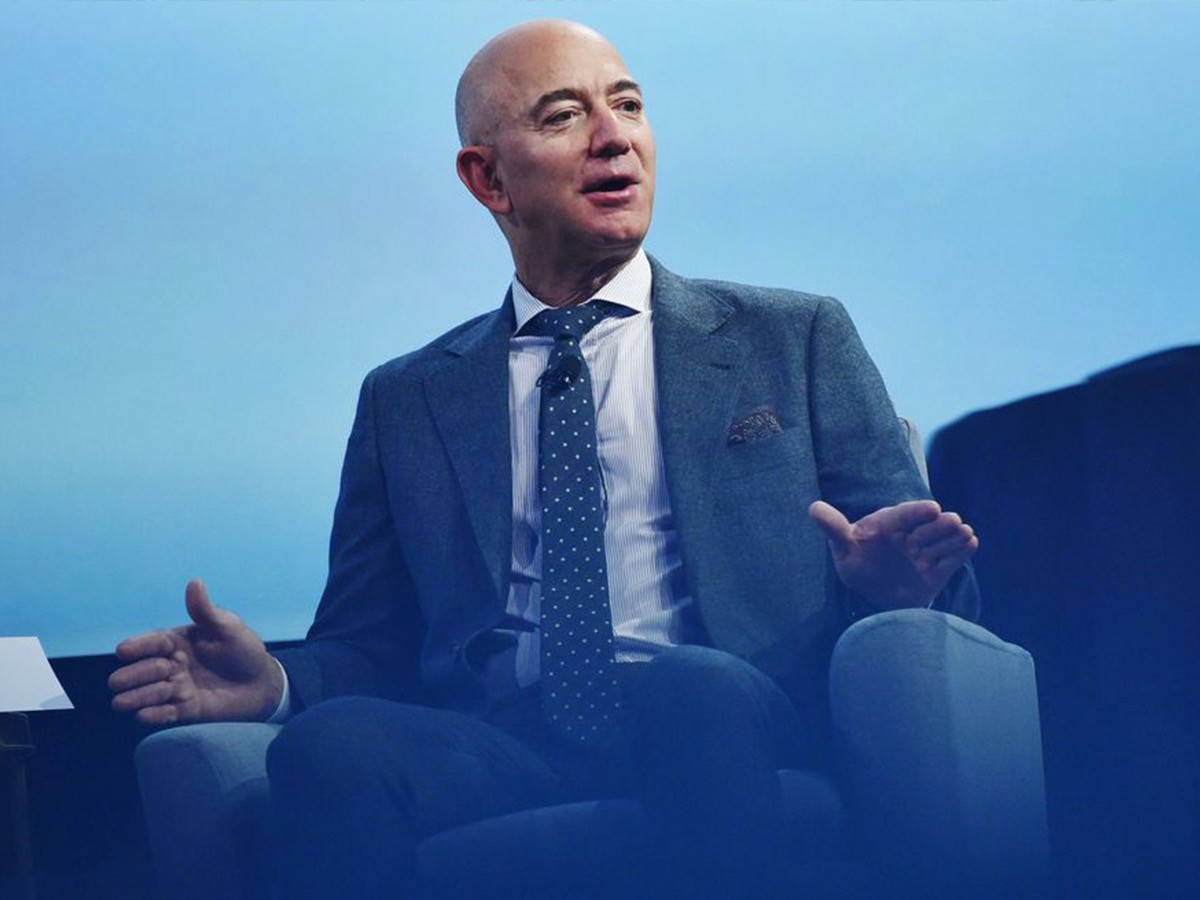Amazon Fresh (Amazon’s grocery store chain) has opened its first ‘walk out’ store outside of the U.S. The ‘till-less’ store opened in East London’s Ealing has provisions to automatically bill customers as they leave the store. The contactless service is available to anyone who has Amazon’s app on their phone with their verified account logged in. While customers do need to scan a QR code before entering the store, that is the only physical verification process that they need to go through. Once in, the customers’ movements are monitored by AI cameras placed both on the walls and the shelves. These cameras keep a tab of all the products picked up by a particular customer. Upon exiting the store, the bill amount is automatically deducted from the customer’s Amazon wallet.
The store employs about 30 people who will be present at all times to handle queries, restock shelves and prepare edibles. The 25,000 square feet specialty store also has a service desk to return or pick-up products bought online through Amazon and self-serve coffee machines. Amazon claims that the store aims towards offering a “frictionless” experience to the customers. Natalie Berg, a senior analyst with NBK Retail states:
‘Supermarkets have had a few years now to prepare and test their own checkout-free shopping concepts’
About the store
The store reportedly stocks over 10,000 grocery products including from major food brands like Heinz and Kelloggs. Third party brands like Morrisons, Booths, Mindful Chef and other supermarkets that Amazon has tie-ups with will also feature their products in the store. The showstopper however, will be Amazon’s own ‘by Amazon’ section that will include products like milk, bread, pizzas, dips and cakes. The tech conglomerate reportedly already has 10 sites for additional stores lined up. New outlets are expected to open in the Greater London area within the year.
While competing supermarkets like Tesco, Sainsbury’s and Marks and Spencer also have electronic stores, they require customers to scan each individual item using smartphones. Amazon is so sure of the technology deployed in these stores that it claims that the customers are under no obligation to check if all their items were accounted for in the bill. This system has been tested in the U.S where it has been deployed in Amazon Go stores since early 2018. Amazon claims that it is looking to slowly implement the system in all of its brick and mortar stores and essentially change the retail market in the process.
Impact of this technology
While this new technology is certainly revolutionary in many ways, it has divided industry experts into two distinct factions. While a group of campaigners claims that this may be harmful for user privacy and cause millions of retail workers to lose their jobs, others have said that it is merely an agent of change in the industry that has been due for a long time. Clive Black of Shore Capital chimes into the debate:
‘The patient and rather delicate expansion that the group has taken to date in the UK, revolving around gradually building its online service, notably in collaboration with Morrisons, and its investment in the rapid delivery channel through Deliveroo, were never to us going to be the full extent of its ambitions. It is a seminal moment in the history of the U.K grocery market’
Amazon has defended itself by claiming that this technology does not use facial recognition techniques. The shoppers are supposed to identify themselves by scanning their barcode at the entrance. It is only the products that are being closely monitored using a barrage of in-depth AI cameras. This cutting edge technology, Amazon claims, has been put through a number of trials and is only being doled out after a lot of deliberation. The cameras, for example, were not able to differentiate different types of magazines and greeting cards from one another. They can now successfully do that, thereby allowing Amazon to host a series of different products.
In sum
The AI versus humans debate has been a cornerstone of the debate around technology for years now. While we may still be far from developing ‘Assimov-ian’ machines, technological innovations do seem to be hurling us towards becoming a global surveillance state. While it offers unparalleled convenience and tidy profits, this new technology also raises numerous data security and human employment issues. States are expected to heavily regulate any such technologies in case they become a part of our everyday lives. Whether that would be enough to solve the looming issues is something we need to think about.
About the Author: Akshat Biyani
Akshat is a Distilled Post Feature Writer, who has a depth of expertise in Business and Technology.
Recommended for you

What Does the Tory Leadership Battle Mean for the NHS?
As Truss and Sunak compete to become the new PM, one key topic is forming a noticeably small part of the Tory leadership debates.

Drug Decriminalisation: Could the UK Follow Portugal?
Portugal’s drug decriminalisation has reduced drug deaths and made people feel safe seeking support. Would the UK ever follow suit?
Trending

Drug Decriminalisation: Could the UK Follow Portugal?
Portugal’s drug decriminalisation has reduced drug deaths and made people feel safe seeking support. Would the UK ever follow suit?

Calling All Unvaccinated UK Adults
With Covid cases rising, the NHS is urging the 3 million UK adults who remain unvaccinated to come forward.





